Scientists have spent over 25 years trying — and failing — to build computer simulations of the smallest brain we know. Today, we finally have the tools to pull it off.
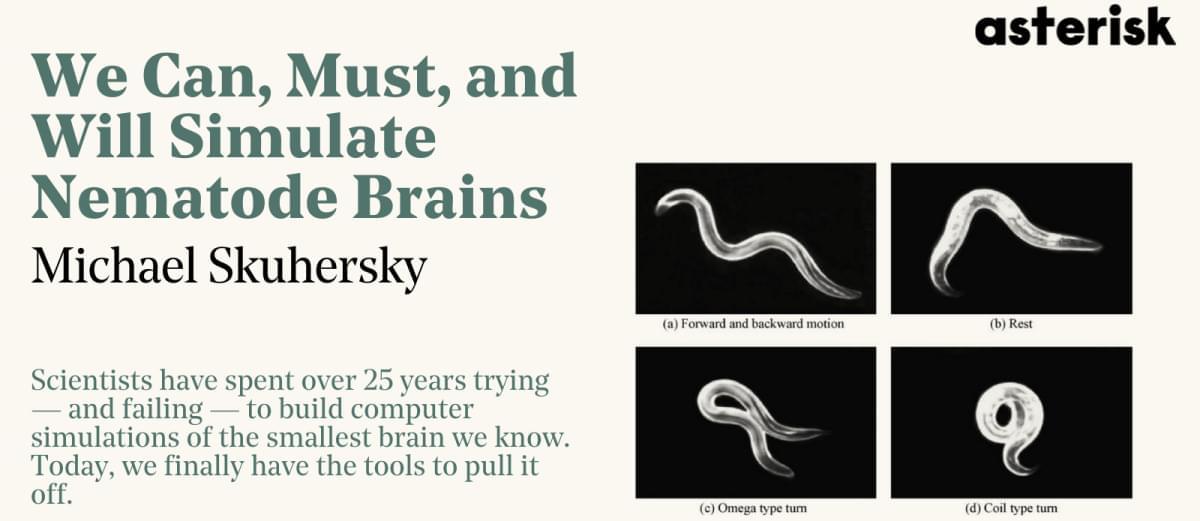

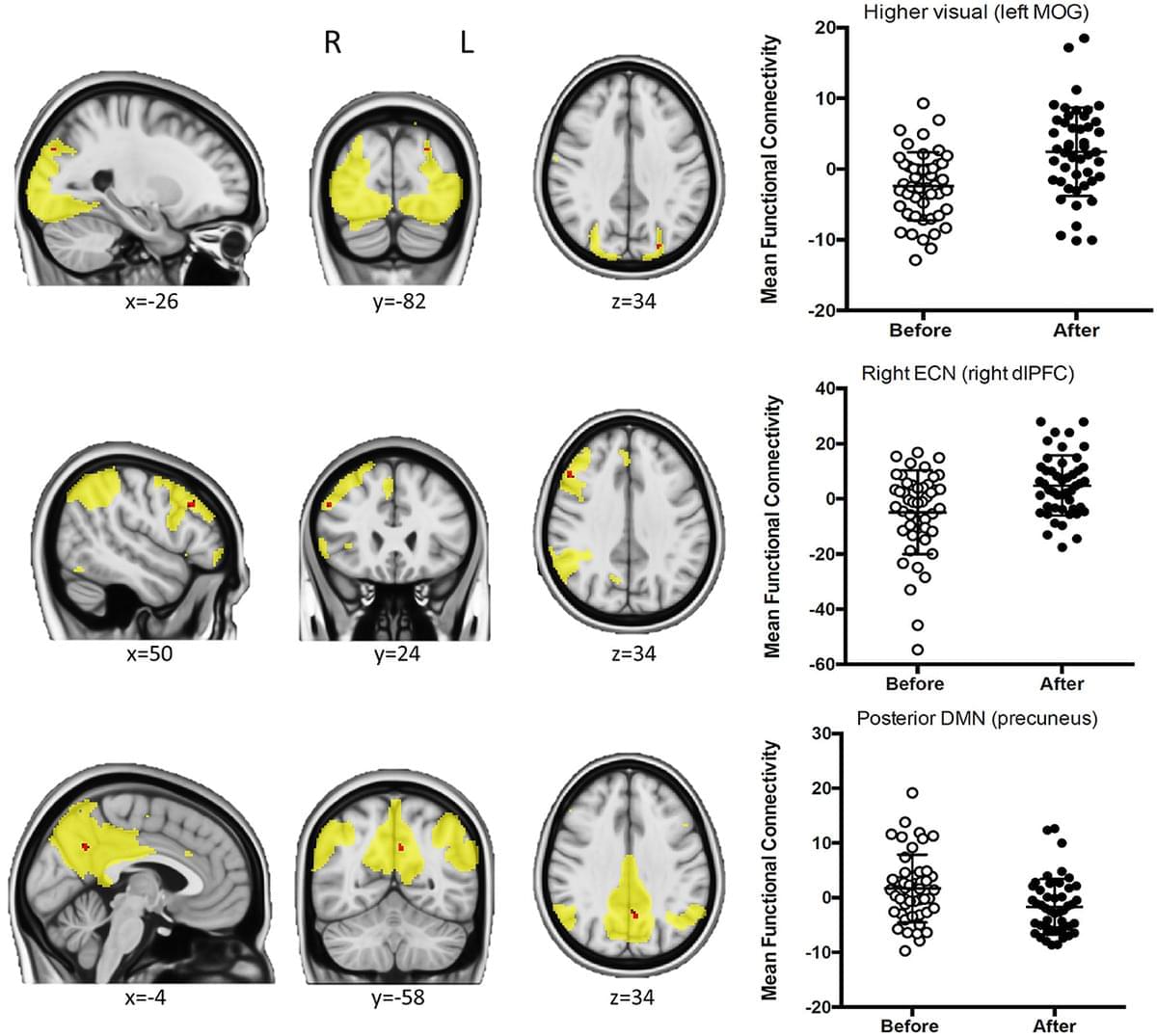
Habitual coffee consumers justify their life choices by arguing that they become more alert and increase motor and cognitive performance and efficiency; however, these subjective impressions still do not have a neurobiological correlation. Using functional connectivity approaches to study resting-state fMRI data in a group of habitual coffee drinkers, we herein show that coffee consumption decreased connectivity of the posterior default mode network (DMN) and between the somatosensory/motor networks and the prefrontal cortex, while the connectivity in nodes of the higher visual and the right executive control network (RECN) is increased after drinking coffee; data also show that caffeine intake only replicated the impact of coffee on the posterior DMN, thus disentangling the neurochemical effects of caffeine from the experience of having a coffee.
There is a common expectation, namely among habitual coffee drinkers, that coffee increases alertness and psychomotor functioning. For these reasons, many individuals keep drinking coffee to counteract fatigue, stay alert, increase cognitive performance, and increase work efficiency (Smith, 2002). Coffee beverages are constituted of numerous compounds known to affect human behavior, among which are caffeine and chlorogenic acids (Sadiq Butt et al., 2011). From the neurobiological perspective, both caffeine and chlorogenic acids have well-documented psychoactive actions, whereas caffeine is mostly an antagonist of the main adenosine receptors in the brain—A1 and A2A receptors, leading to the disinhibition of excitatory neurotransmitter release and enhancement of dopamine transmission via D2 receptors (Fredholm et al., 2005) to sharpen brain metabolism and bolster memory performance (Paiva et al.
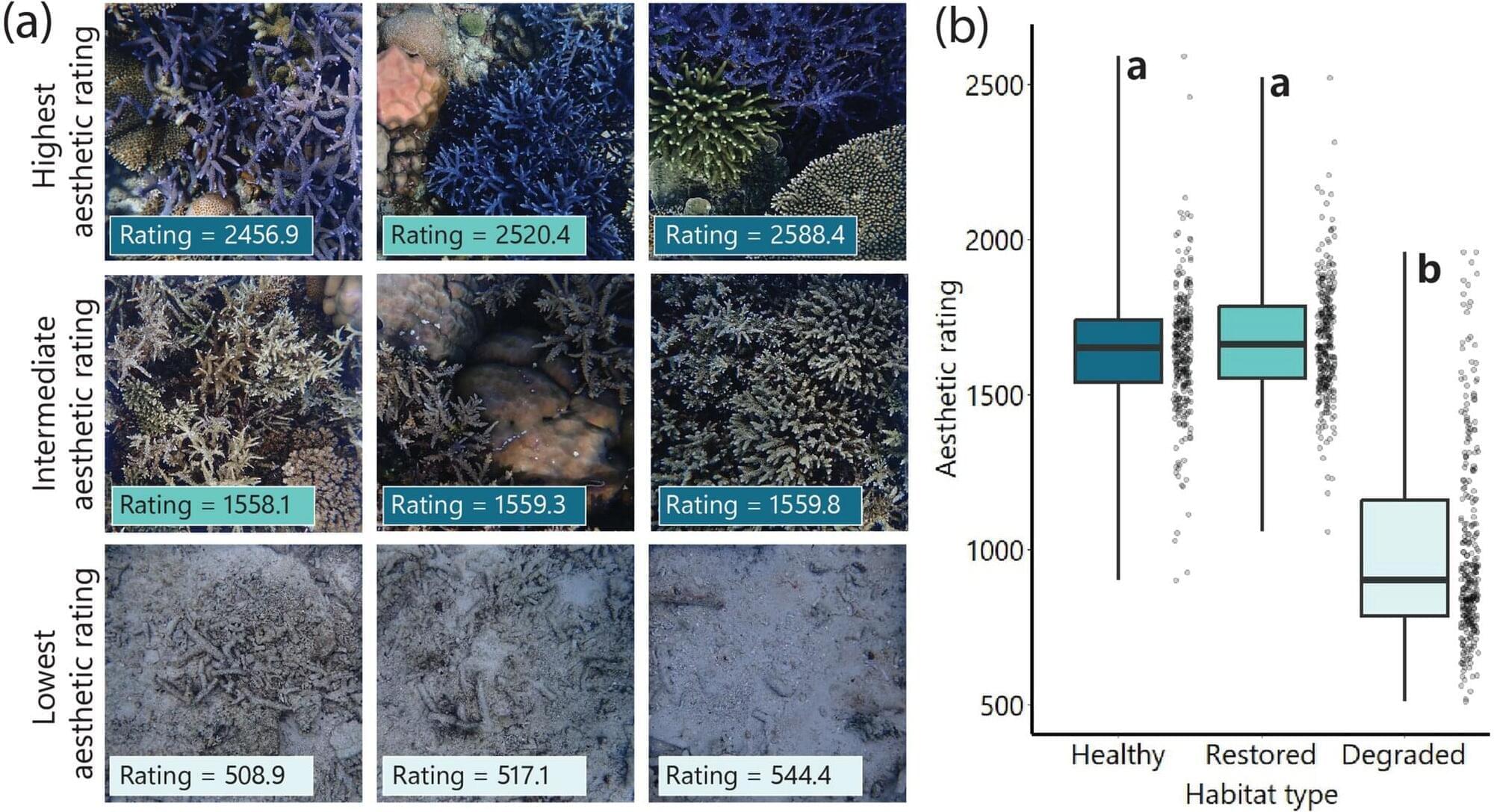
Why do people care about coral reefs? Why does their damage cause such concern and outrage? What drives people to go to great lengths to protect and restore them?
Of course, it’s partly because of their ecological importance and economic value —but it’s also because they are beautiful. Healthy coral reefs are among the most visually spectacular ecosystems on the planet—and this beauty is far from superficial. It underpins cultural heritage value, supports tourism industries, encourages ocean stewardship and deepens people’s emotional connections to the sea.
But how can such beauty be measured? And when it is destroyed, can it be rebuilt?
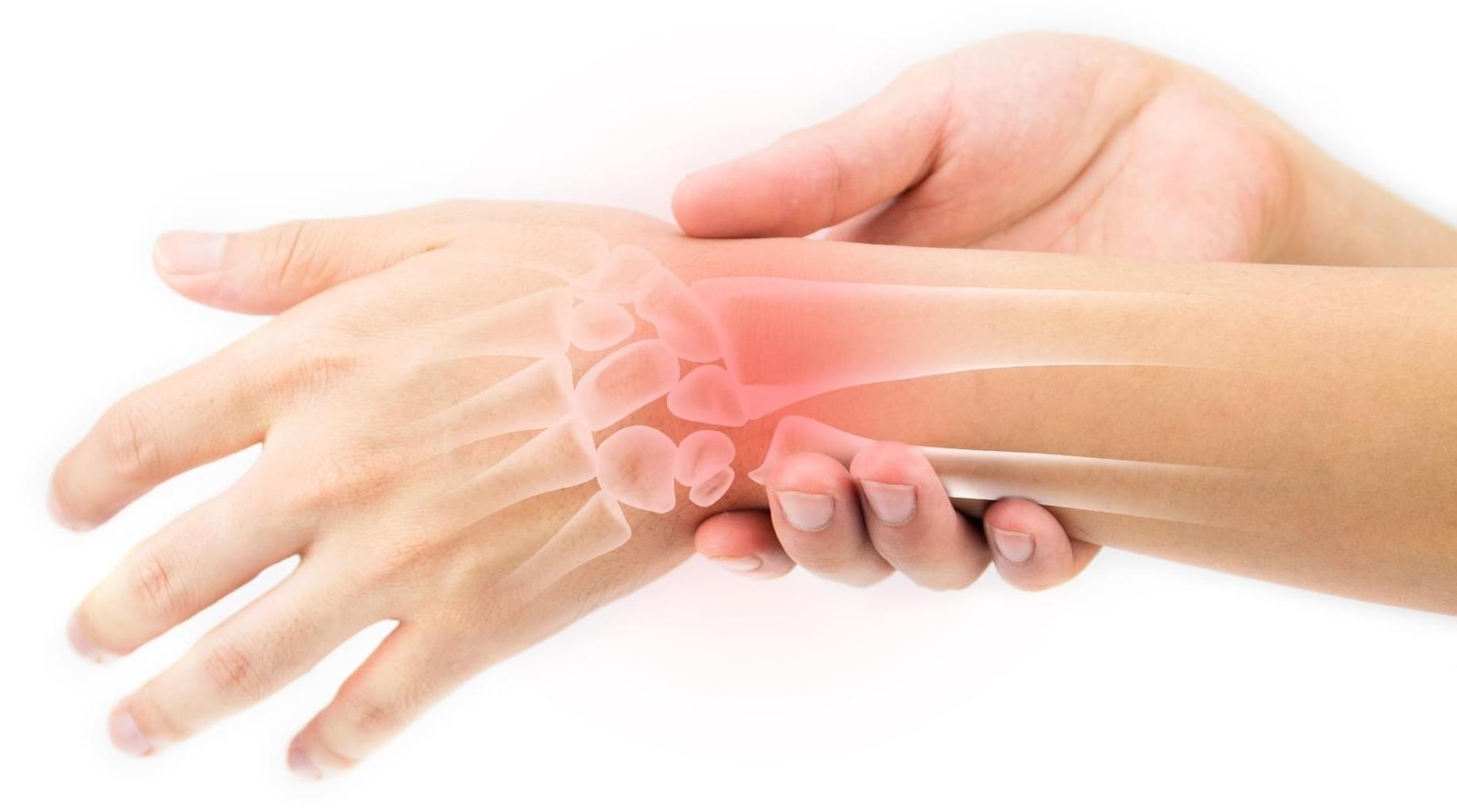
Repetitive reaching tasks in mature female rats triggered persistent pain-like and sickness behaviors linked to a surge in IL-6-driven inflammation throughout muscles, blood, and the brain. These findings reveal how overuse injuries provoke both physical and mood-related symptoms through a neuroimmune cascade.
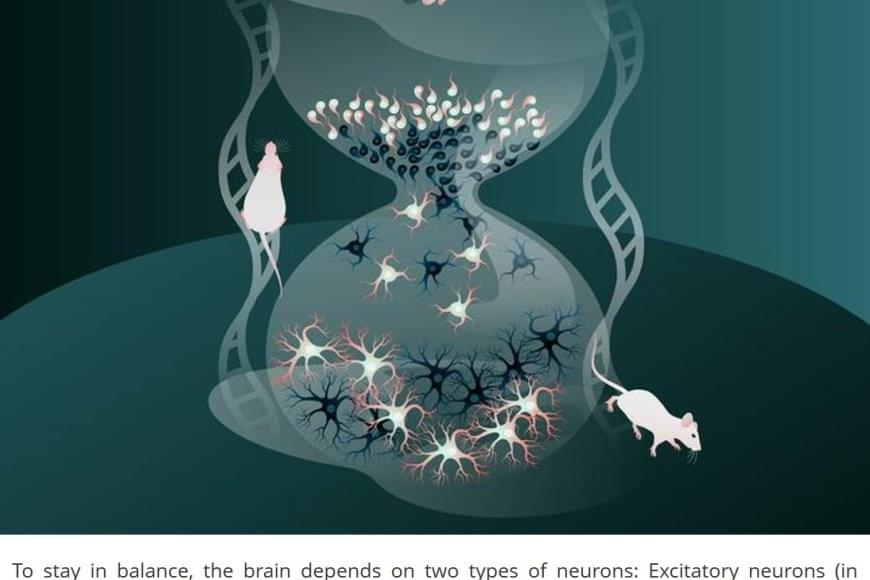
In the study, the researchers also explored how the accelerated maturation of later-born inhibitory neurons is regulated. They identified specific genes involved in this process and uncovered how they control when and to what extent a cell reads and uses different parts of its genetic code. They found that the faster development of later-born inhibitory neurons turns out to be linked to changes in the developmental potential of the precursor cells that generate them—changes which are, in turn, triggered by a reorganization of the so-called ‘chromatin landscape.’
In simple terms, this means that cells adjust the accessibility of certain regions of DNA in the cell nucleus, making key instructions on how and when to develop more readable.
The human brain is made up of billions of nerve cells, or neurons, that communicate with each other in vast, interconnected networks. For the brain to function reliably, there needs to be a fine balance between two types of signals: Excitatory neurons that pass on information and increase activity, and inhibitory neurons that limit activity and prevent other neurons from becoming too active or firing out of control. This balance between excitation and inhibition is essential for a healthy, stable brain.
Inhibitory neurons are generated during brain development through the division of progenitor cells – immature cells not yet specialized but already on the path to becoming neurons. The new study uncovered a surprising feature of brain development based on findings in mice: During this essential process, cells born later in development mature much more quickly than those produced earlier.
“This faster growth helps later-born neurons catch up to those produced earlier, so that by the time all these neurons are incorporated into neural networks, they are at a similar stage of development,” said a research group leader. “This is important, as otherwise, earlier-born neurons—having had more time to form connections—could end up with far more synaptic links than those created later. Without this adjustment, the network could be thrown off balance, and individual cells would have too many or too few connections.”
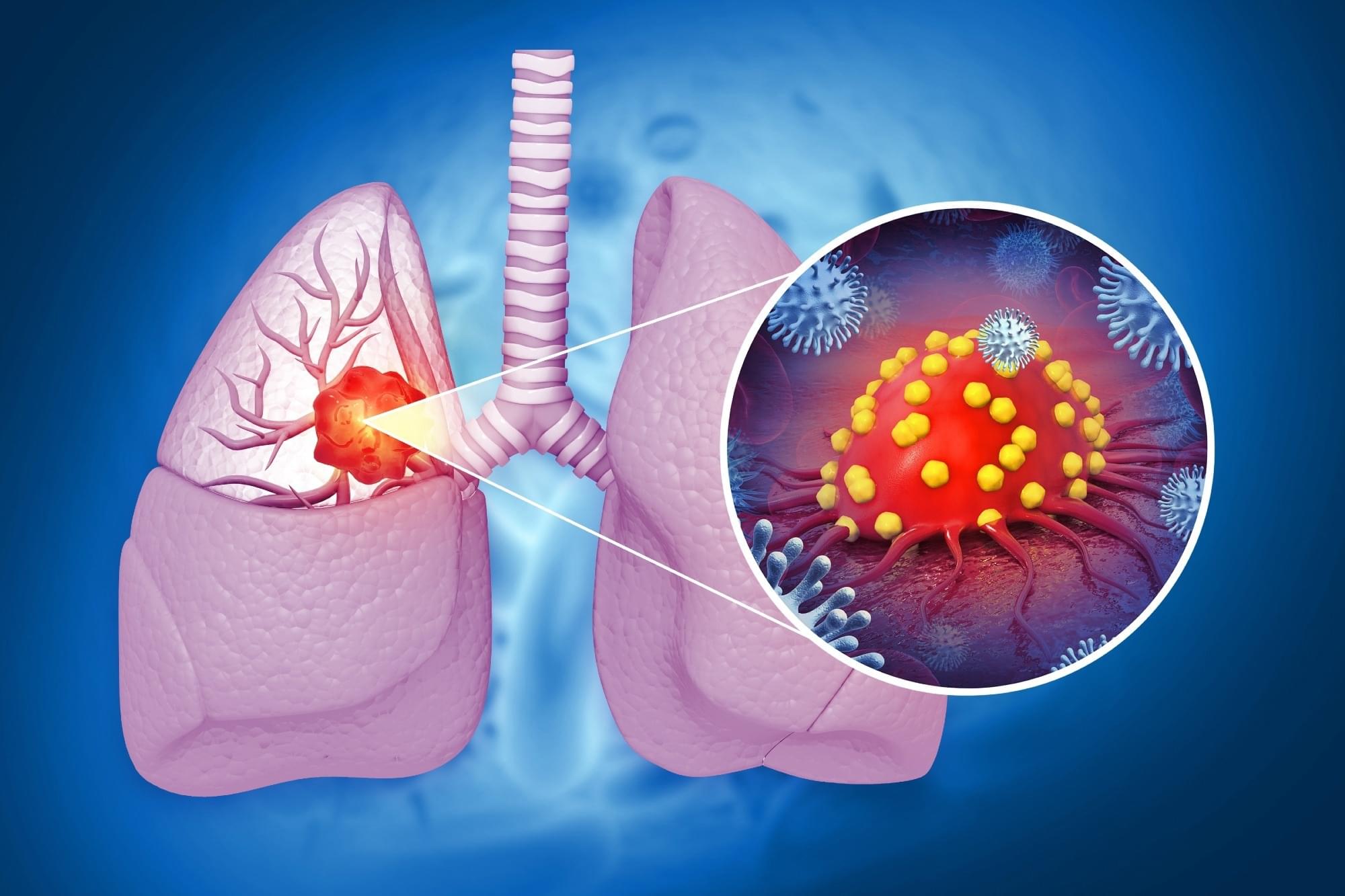
Relevant data, including study design, geographic region, participant characteristics, and results, were extracted from the selected studies. The Newcastle-Ottawa Scale was used to assess the quality of studies and rate them as having low, moderate, or high quality.
The associations between allergic diseases and the risk of lung cancer were assessed using random and fixed effects models. Heterogeneity was evaluated using the I-squared statistic and chi-squared test. Sensitivity analyses indicated that no single study significantly influenced the overall effect size, supporting the robustness of the findings.
The search protocol yielded 226 studies. Following deduplication, title/abstract screening, and full-text reviews, 10 studies were selected for the meta-analysis. Of these, eight were case-control studies and two were cohort studies, cumulatively encompassing over 3.8 million participants.
Brian Kennedy is a renowned biologist, leader in aging research, & director of the Center for Healthy Longevity at the National University of Singapore. In this episode, Brian shares insights from ongoing human aging studies, including clinical trials of rapamycin & how dosing strategies, timing, & exercise may influence outcomes. He presents two key models of aging—one as a linear accumulation of biological decline & the other as an exponential rise in mortality risk—& explains why traditional models of aging fall short. He also explains why most current aging biomarkers lack clinical utility & describes how his team is working to develop a more actionable biological clock. Additional topics include the potential of compounds like alpha-ketoglutarate, urolithin A, & NAD boosters, along with how lifestyle interventions—such as VO2 max training, strength building, & the use of GLP-1 & SGLT2 drugs—may contribute to longer, healthier lives.
View show notes here: https://bit.ly/44ShpRB
Become a member to receive exclusive content: https://peterattiamd.com/subscribe/
Sign up to receive Peter’s email newsletter: https://peterattiamd.com/newsletter/
0:00:00-Intro.
0:01:15-Brian’s journey from the Buck Institute to Singapore, & the global evolution of aging research.
0:09:12-Rethinking the biology of aging.
0:14:13-How inflammation & mTOR signaling may play a central, causal role in aging.
0:18:00-Biological role of mTOR in aging, & the potential of rapamycin to slow aging & enhance immune resilience.
0:23:32-Aging as a linear decline in resilience overlaid with non-linear health fluctuations.
0:36:03-Speculating on the future of longevity: slowing biological aging through noise reduction & reprogramming.
0:42:18-The role of the epigenome in aging, & the limits of methylation clocks.
0:47:14-Balancing the quest for immortality with the urgent need to improve late-life healthspan.
0:52:16-Comparing the big 4 chronic diseases: which are the most inevitable & modifiable?
0:57:27-Exploring potential benefits of rapamycin: how Brian is testing this & other interventions in humans.
1:09:14-Testing alpha-ketoglutarate (AKG) for healthspan benefits in aging [1:01:45];
1:13:41-Exploring urolithin A’s potential to enhance mitochondrial health, reduce frailty, & slow aging.
1:17:35-Potential of sublingual NAD for longevity.
1:26:50-Other interventions that may promote longevity: spermidine, 17 HRT, & more.
1:34:33-Biological aging clocks, clinical biomarkers, & a new path to proactive longevity care.
1:45:01-Evaluating rapamycin, metformin, & GLP-1s for longevity in healthy individuals.
1:51:19-Why muscle, strength, & fitness are the strongest predictors of healthspan.
1:53:37-Why combining too many longevity interventions may backfire.
1:56:06-How AI integration could accelerate breakthroughs in aging research.
2:02:07-Need to balance innovation with safety in longevity clinics.
2:10:50-Peter’s reflections on emerging interventions & the promise of combining proven aging compounds.
——-
About:
The Peter Attia Drive is a deep-dive podcast focusing on maximizing longevity, & all that goes into that from physical to cognitive to emotional health. With over 90 million episodes downloaded, it features topics including exercise, nutritional biochemistry, cardiovascular disease, Alzheimer’s disease, cancer, mental health, & much more.
Peter Attia is the founder of Early Medical, a medical practice that applies the principles of Medicine 3.0 to patients with the goal of lengthening their lifespan & simultaneously improving their healthspan.
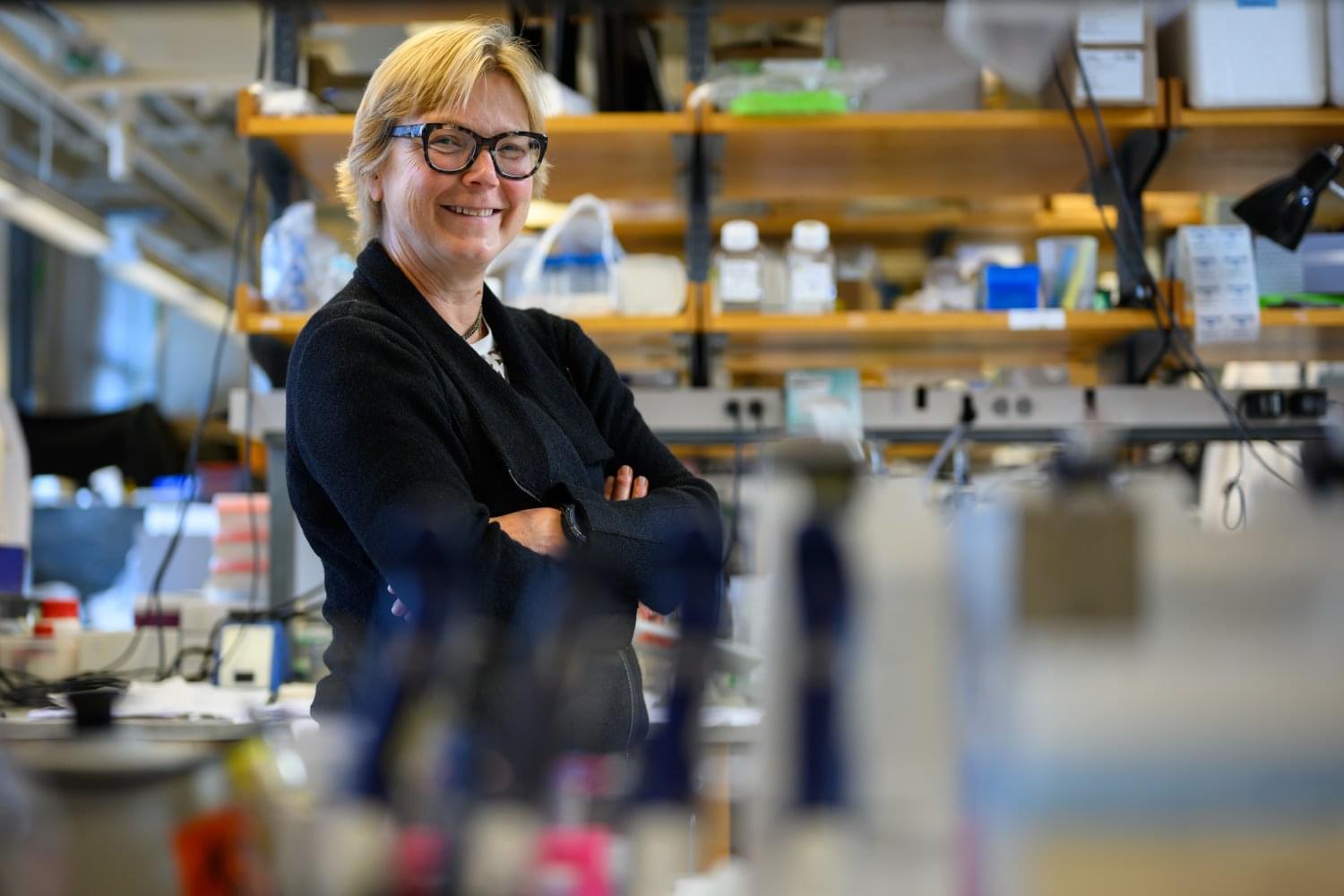
The Fairbairn Menstruation Science Fund will advance groundbreaking research at MIT on the function of the human uterus and its impact on sex-based differences in human immunology that contribute to gynecological disorders such as endometriosis, as well as other chronic systemic inflammatory diseases that disproportionately affect women, such as Lyme disease and lupus.
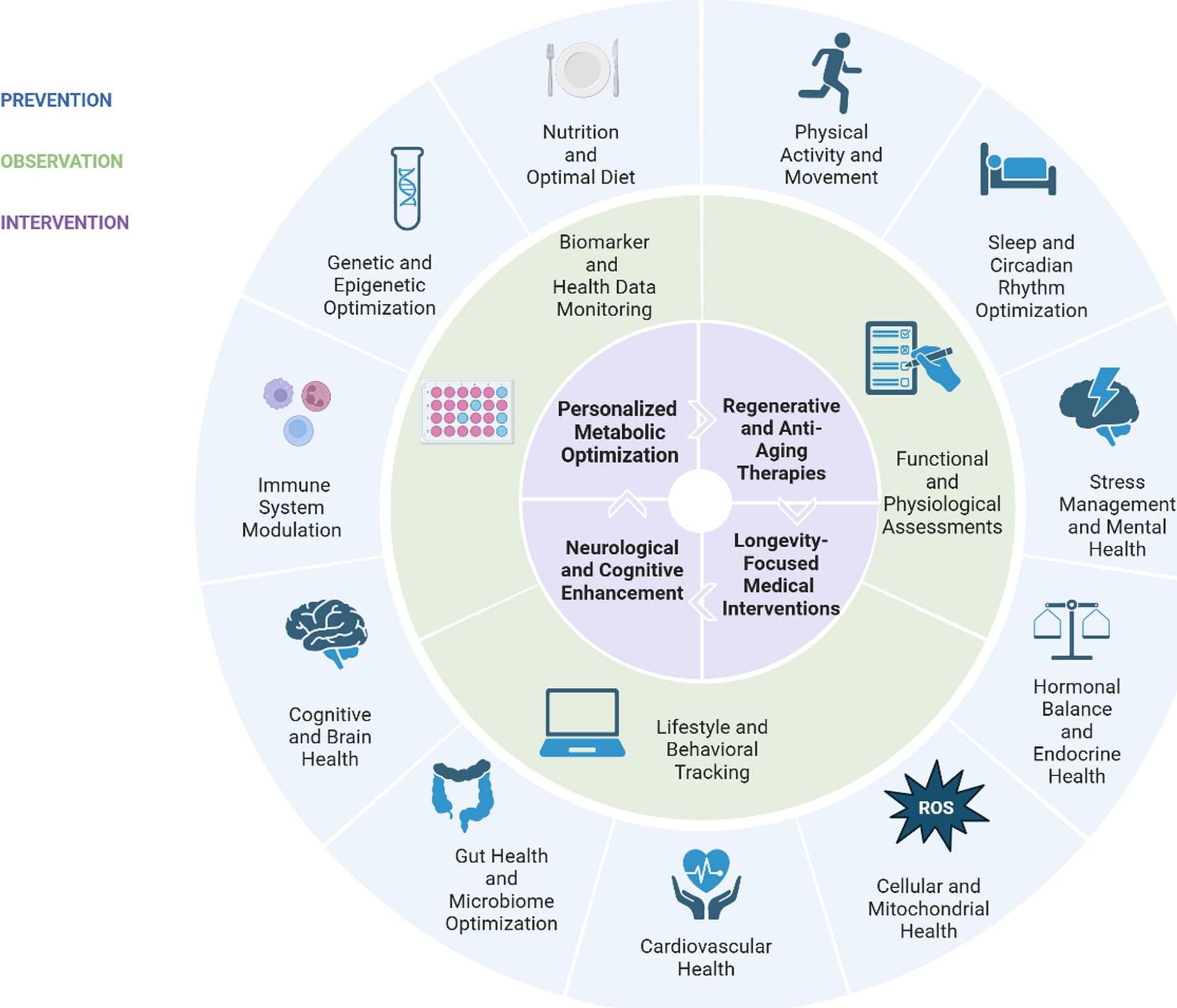
Despite significant advances in aging research, translating these findings into clinical practice remains a challenge. Aging is a complex, multifactorial process shaped by many factors including genetic, metabolic, and environmental factors. While medical advancements have extended lifespan, healthspan remains constrained by cellular senescence, telomere attrition, and systemic inflammation—core hallmarks of biological aging. However, emerging evidence suggests that telomere dynamic is not inevitable but can be influenced by oxidative stress, lifestyle choices, and metabolic regulation. This review examines how telomere-based biomarkers and metabolic interventions can drive personalized longevity medicine, enabling targeted strategies to delay aging.
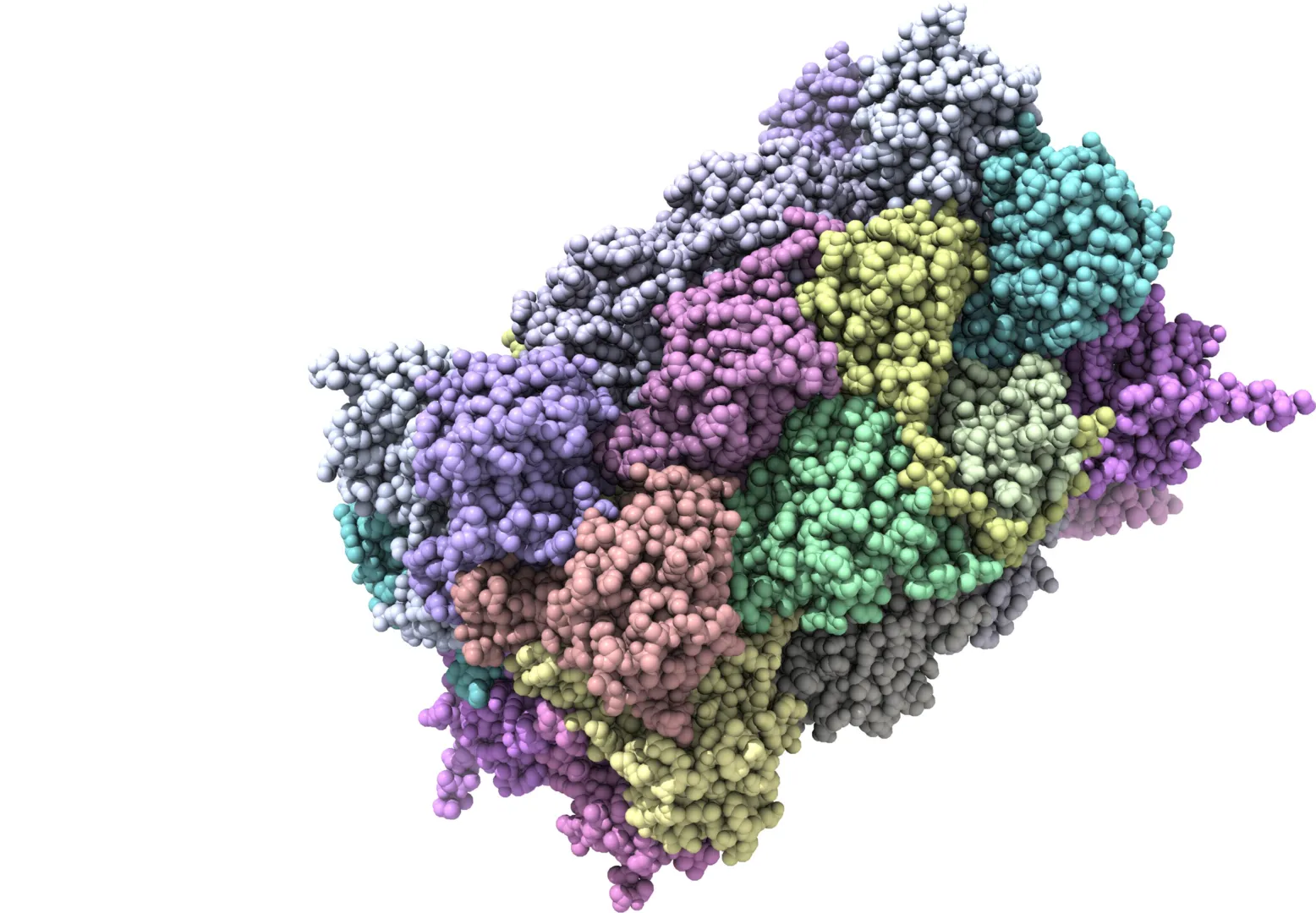
A surprising new study has uncovered over 200 misfolded proteins in the brains of aging rats with cognitive decline, beyond the infamous amyloid and tau plaques long blamed for Alzheimer’s. These shape-shifting proteins don’t clump into visible plaques, making them harder to detect but potentially just as harmful. Scientists believe these “stealth” molecules could evade the brain’s cleanup systems and quietly impair memory and brain function. The discovery opens a new frontier in understanding dementia and could lead to entirely new targets for treatment and prevention.